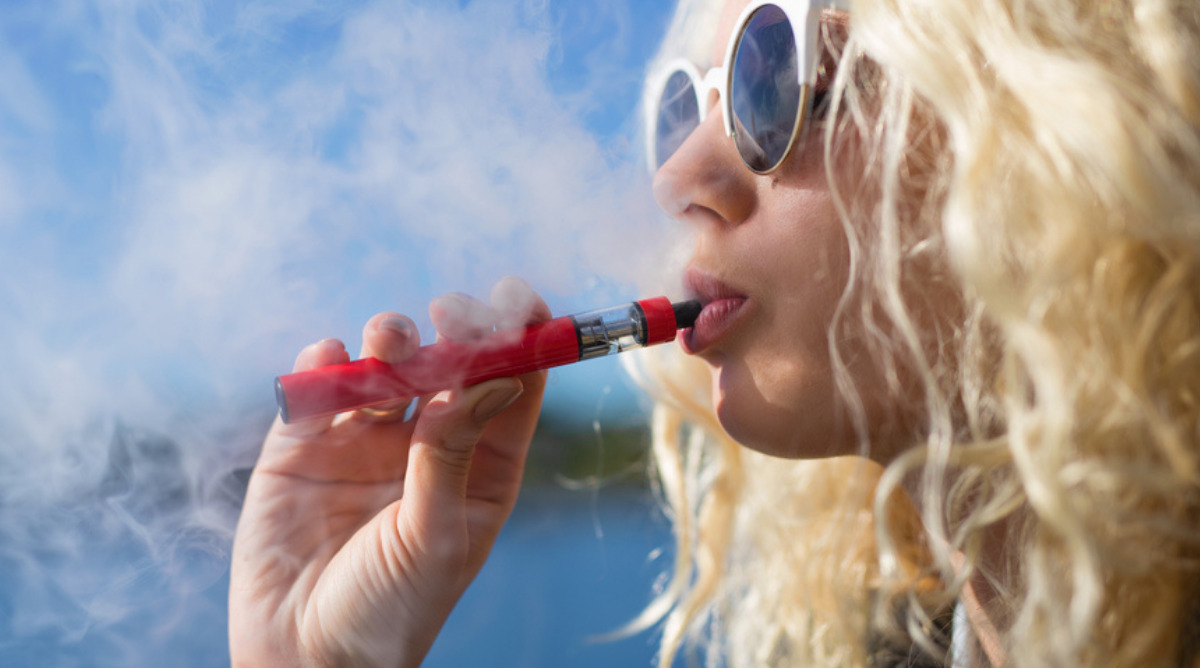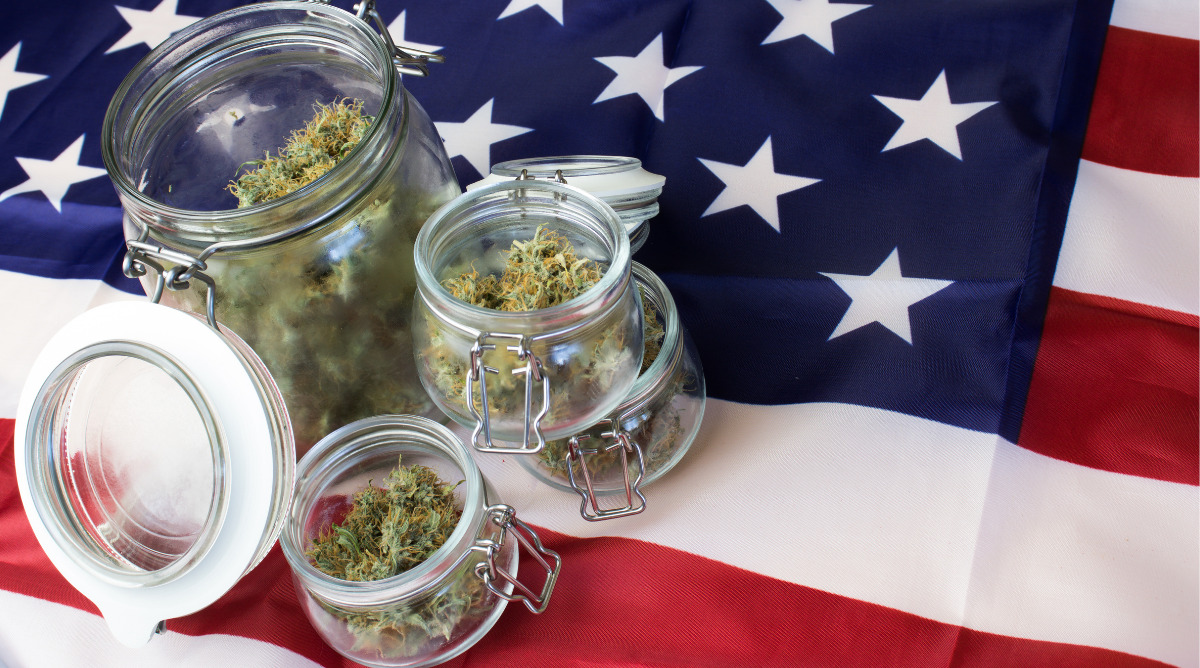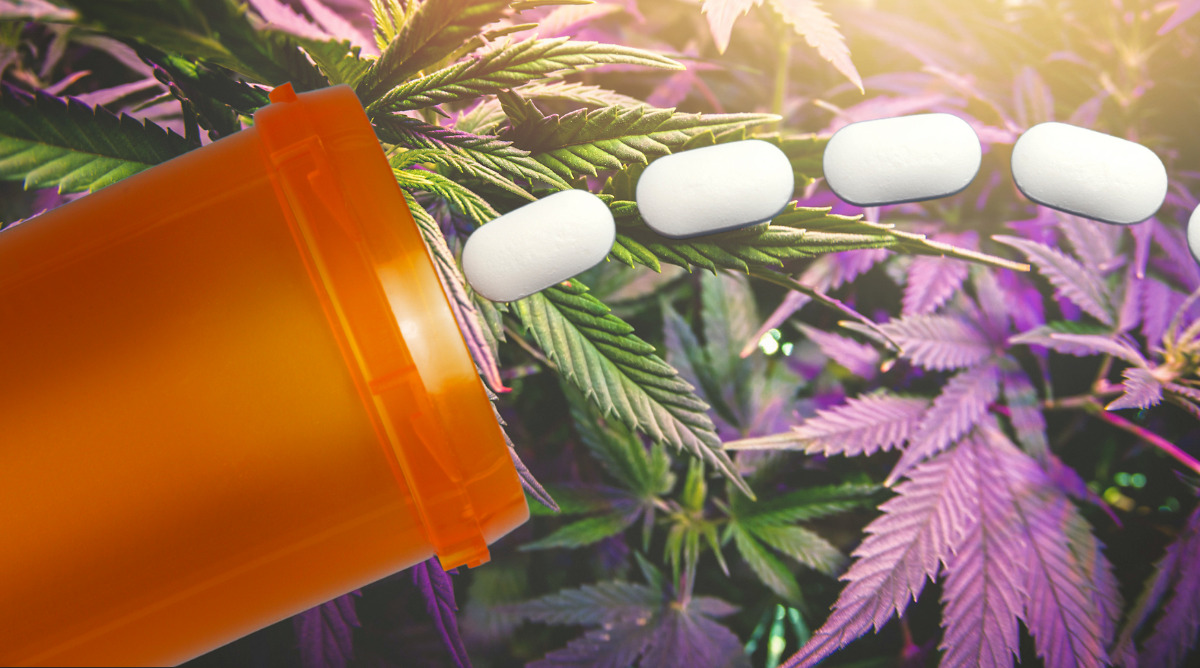
It’s in the cannabis comment sections of popular Reddit threads. People are comparing notes on different strains and their effects. Comments about taste (flavonoids) and smell (terpenes) are part of the cannabis culture. People are passionate about their favorite herb and natural medicine. But you’ll also see a lot of comments about potency. Because high potency cannabis offers the “more bang for your buck” advantage.
How strong a strain makes it more desirable. And because highly potent strains are more popular, the price of those strains at dispensaries is reflected. If you want “the good stuff,” you are going to pay for it. Did you know that from 1970 to 2017, the average potency of cannabis strains was 14%? There has been a 25% increase in the potency of cannabis available for adult-use and patients. Today, the average potency is 18% to 20%. And it is not hard to find dispensaries selling cannabis with much higher THC content.
And then there are the concentrates. According to data from the National Institute on Drug Abuse (NIDA), concentrates are off the charts in potency. Right now, solvent-based concentrated products are averaging 54% to 69% THC content. Some tested by NIDA had a potency exceeding 80% THC. While non-solvent-based extractions averaged 39% to 60% THC potency rates.
Because long-term human studies of daily use of cannabis do not exist, it’s hard to predict the risks that high potency cannabis may pose. With increased legal use and ever-increasing potencies, new data suggests there are serious risks to be aware of.

There are currently eighteen (18) states that have legalized adult-use cannabis. Recreational dispensaries are licensed to sell all products, including edibles, tinctures, raw flower (bud), creams, vapes, and extracts.
In 2020, sales of cannabis were over $20 billion. At the time of writing, only the state of Vermont has imposed a cap on cannabis potency. In Vermont, flower or raw cannabis is limited to 30% THC. And concentrates are capped at 60%.
There are several states that are weighing changes to their cannabis laws. And discussing imposing a cap on medical and adult-use cannabis content. Colorado has experienced a spike in cannabis toxicity hospitalizations; they are talking about a 15% THC limit. And other states like Florida and Washington are also actively pursuing research. As well as new laws that could limit the potency of THC sold.
Lawmakers have to consider the impact of a potency cap on legal dispensary-sold cannabis. If they impose a cap to protect public health, they may drive residents to purchase cannabis illegally. And one of the benefits of legalization for states has been to reduce cartel and illegal distribution of cannabis.
There is also a concern about long-term cannabis use and developing a THC tolerance. Clinical studies have proven that THC does become less effective over time. That means it naturally requires a higher potency to achieve the same psychoactive and physiological effects. Leading users to increase the potency of their cannabis products, particularly for patients using it to assist with symptom management.
The medical community doesn’t have enough information to tell us “how much is too much” regarding cannabis. But there is plenty of data collecting that demonstrates cannabis can have a detrimental effect on health if abused. Particularly at higher potency levels.
There are five medical concerns that anyone using cannabis should be aware of:
Some studies have shown that cannabinoids raise the resting heart rate. Cannabis causes a dilation of blood vessels, which in term makes your heart beat faster. And work much harder. For some people, that’s not a deal-breaker. For someone with heart disease or a history of stroke or heart attack, it can be life-threatening.
In other medical research, it has been suggested that the risk of having a heart attack is higher after smoking cannabis. And that it may increase the long-term premature death rate in patients that have previously had a heart attack or stroke.
A new study published in 2021 also suggests that the increase in heart attacks in patients under forty (40) years has increased among people who misuse cannabis recreationally.

Researchers took data from the National Epidemiological Survey on Alcohol and Related Conditions. And they discovered a common factor among patients that developed psychoses and mood disorders, like depression and anxiety.
The study found that nicotine, alcohol, and cannabis abuse were more common among people with a psychiatric diagnosis. But it is a ‘chicken and the egg’ scenario. Researchers aren’t sure whether people with undiagnosed disorders turn to drug abuse to self-manage symptoms. Or whether the drug abuse contributed to the development of the mental health disorder.
It’s funny on the big screen. Like, “Dude, where’s my car?” But in real life, loss of memory and cognitive functioning isn’t all that funny. And there is a cumulative negative impact to using high-potency cannabis daily.
When abused recreationally, high potency cannabis can make you dumb. But so far, studies aren’t sure whether that cognitive decline is cumulative. Or whether cannabis continues to cause memory loss and impaired brain functioning. Even after you stop using it.
A new article was just published in Experimental and Clinical Psychopharmacology. Researchers suggested that regular cannabis use can impact your relationships. Or lower your emotional intelligence. Cannabis can impair your ability to recognize the emotional signals and states (mood) of those around you.
There is a myth that you can’t overdose on cannabis. But that is not true from a medical perspective. There is a focus on opioid drugs and their potential for overdose because it is in the news all the time. And so are drug overdose deaths from other substances, like methamphetamines.
When you compare cannabis toxicity rates with other controlled substances, the numbers are definitely lower. For example, in 2020, there were 93,331 opioid overdose deaths. Opioid-related deaths increased 54% in 2020 in Colorado alone. The average age of an opioid overdose patient is thirty-nine.
Historically, the number of cannabis toxicity cases that required hospitalization has been low. But that was before thirty-eight states legalized cannabis. And before the huge spike in cannabis use in 2020. Caused in a large part, some feel, by the Covid-19 health emergency.
With the increased legal availability of adult-use cannabis, there is a growing health concern. Patients with a medical card have a doctor-supervised treatment plan. And they require a minimum of one annual medical check to renew their card. At that time, the doctor reviews important health information, such as prescription medications and symptoms.
Without regular medical supervision, consumers may not know the signs of cannabis toxicity. And they may not understand how tolerance to cannabis can increase over time. It is important to be aware that cannabis overdose is a possibility. And with it, uncomfortable temporary symptoms and possible long-term health risks.
Read: “Scromiting and Weed: You Can Overdose (Sort Of.”

Do you take prescription medications? If you are using recreational cannabis, you should consult with your primary care provider. And if that conversation with your family doctor is awkward, get a telemedicine provider to review confidentially with you.
Not many people know that cannabis can be contraindicated with many prescription medications—a fancy way of saying that cannabis can create a conflict or change how those medications work. And even cannabidiol (CBD) can create a problem with prescription drugs.
According to Harvard Health, common prescriptions that interact negatively with cannabinoids (including CBD) are:
Regular cannabis use can reduce the effectiveness of certain medications. That can increase symptoms, or in some cases, cause a life-threatening incident. In some studies, cannabis combined with medications increased the drug’s effect, which can also make prescription drug side effects worse.
Compared to many types of prescription medications for pain relief, like opioids, cannabis appears to be a safe option for patients. When used as part of a doctor-supervised treatment plan. But that does not mean it is without potential side effects and health risks.
You may or may not be able to safely use cannabis for medicinal or recreational purposes. Only you and your doctor can make that decision. But it is important to understand that any negative side-effects of daily use of cannabis are amplified when you use products with higher THC potencies.
One of the benefits of having a medical card is that it trains you into the habit of regular visits with a doctor. Health symptoms and conditions can change quickly. If you are regularly using concentrates, have a conversation with your primary care physician. And report any changes in symptoms you may experience.
If you are just starting to use cannabis medicinally, less is more—experiment by trying the lowest THC potency products first. Picking the right strain(s) is important, but so is determining the lowest THC content you need to reach your wellness goals. Protect your health. Reduce your risks.
No Information on MarijuanaDoctors.Com should be used to diagnose, treat, prevent or cure any disease or condition. You can view our Full Disclaimer here.